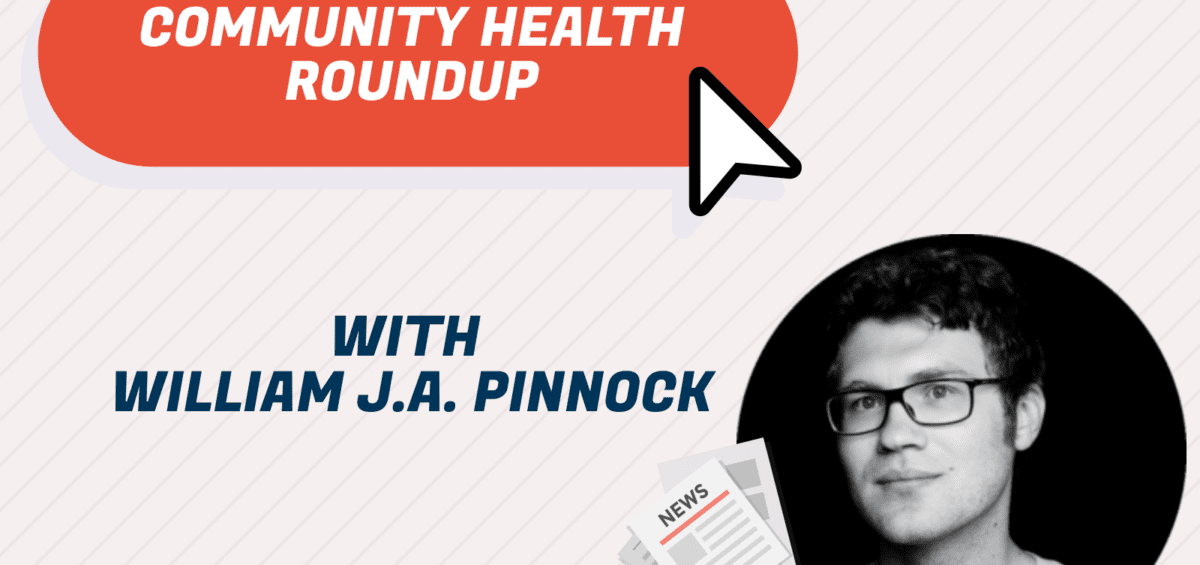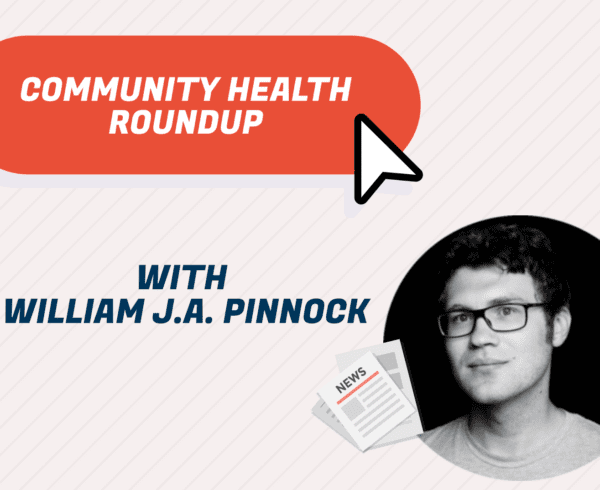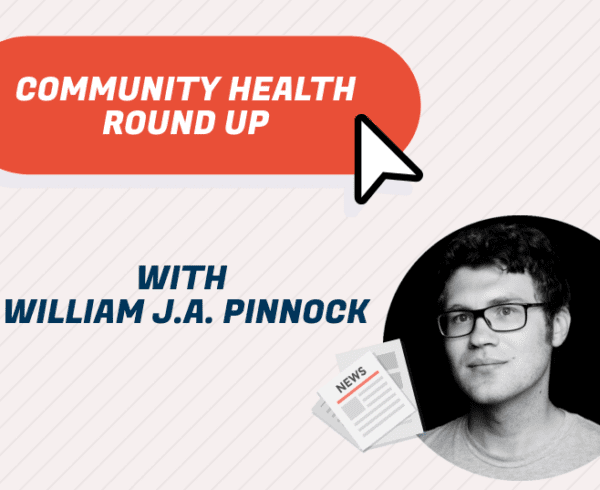Hello and welcome to this long overdue (20 days to be exact, but who’s counting) edition of the Community Health Round Up! I apologize for the delay, I became a busy bee and some how 20 days (again, but who’s counting) just passed me by. But! I am back and I come bearing gifts in the form of articles about your favorite subject: health news! In this installment, we will read about some findings from the Kaiser Family Foundation regarding community health centers and family planning resources, a free eye exam event in an Oregon town, health care for aging Native Americans and Alaskan Natives, how Boston University is actively working to improve transgender health care, and much more!
We all know CHCs provide family planning resources, but what are those services and have things changed with the current political and health landscape? Well, a new report out from the Kaiser Family Foundation sheds light on just that very topic! Head on over to the KFF website and read the executive summary and report here..
Do you live in Oregon? Do you live around the Coos Bay area? If you do, this next story might just be of interest for you (and for those who do not, it’s still an awesome story of how CHCs can come together to improve a community’s health). Waterfall Community Health Clinic and the Coquille Indian Tribe Community Health Center are partnering up to offer free eye exams to uninsured and under-insured patients on March 27th and 28th. Read about the event here.
“Between 2000 and 2010, the number of American Indians and Alaska Natives age 65 and older increased by 40.5 percent.” This statistic is the center point to this fascinating Health Affairs blog post which asks and examines: how and where do we find funding that will keep pace with this growing population? The answer is complex and the article is definitely worth your time to read.
I want to give a shout out to Boston University School of Medicine: they are actively working towards improving the healthcare of transgender individuals by introducing an elective course specifically designed around providing care to the transgender population. The outcomes of the course were presented recently in poster form at the 100th annual meeting of the Endocrine Society and show that when medical students have exposure to the transgender population and their care needs, the medical students report feeling “greater confidence in providing care to transgender individuals…..” Read more about the course and the poster presentation here.
Finally, here are a bunch of interesting articles I found but were difficult to write pithy intros for:
– Care for the Homeless out of New York City recently got PCMH status. This means that their patients are all on one EHR and have an interdisciplinary team that follows them and helps them obtain needed services. Read about Care for the Homeless here.
– Overdose rates from opioids are up 30% in the last year according to the CDC. Read more about their findings over at the BBC.
– According to a new study in the journal Addiction, opioid-related overdose deaths have been undercounted by 20-35%. Read more about this startling finding over at NPR.
– The New York Times recently covered a growing problem among the elderly members of our society: the use of benzodiazepines and opioids in tandem which can lead to overdoses. Head over to The Newspaper of Record to read more.
William Jacob Amadeus Pinnock is a Research Coordinator at OCHIN where he assists with the creation, execution, and dissemination of research projects. He graduated with an MS in Communication from Portland State University where he focused on health communication, rural mass media, and qualitative research methods. He has experience working in commercial health insurance, healthcare research, and radio broadcasting. In his spare time, he is an Adjunct Instructor at Portland State University helping students master the art of public speaking.






